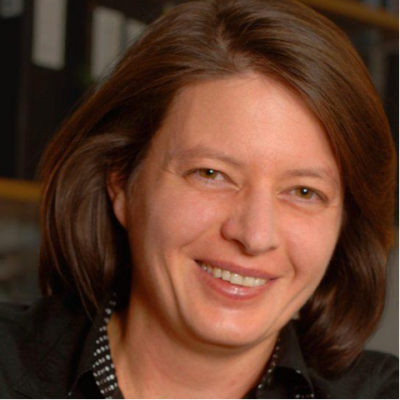LEADERSHIP TEAM



Dr. Pellman’s awards include the Damon Runyon Scholar Award, the Stohlman Scholar Award from the Leukemia and Lymphoma Society of America, the E. Mead Johnson Award, and an NIH MERIT Award. He won the mentoring award from the Harvard Medical School graduate students. He is an elected Lifetime Fellow of the American Society for Cell Biology, a fellow of the American Association for Cancer Research Academy, a fellow of the American Academy of Arts and Sciences, and an elected member of the National Academy of Medicine. He received a 2024 NCI Outstanding Investigator Award and the 2024 AACR-G.H.A. Clowes Award for Outstanding Basic Cancer Research from the American Association for Cancer Research.
Dr. Pellman’s laboratory has made contributions to understanding cell division and how cell division errors drive rapid evolution of the genome. His group has uncovered mechanistic explanations for catastrophic mutational processes underlying genome alterations in cancer. His group’s accomplishments include: (1) the co-discovery of formin-dependent actin assembly and a mechanism for positioning mitotic spindles within asymmetrically dividing cells; (2) discoveries showing that whole genome duplication alters cell physiology, can promote evolutionary adaptation, and can drive tumor development; 3) the discovery of a mechanism explaining chromothripsis, a mutational process that generates extensive karyotype evolution in cancer and congenital disease.

Kornelia Polyak, MD, PhD, is Professor of Medicine at Dana-Farber Cancer Institute, Harvard Medical School, and a co-leader of the Dana-Farber Harvard Cancer Center Cancer Cell Biology Program. Dr. Polyak is an internationally recognized leader of breast cancer research. Her laboratory is dedicated to the study of human breast cancer with the goal of dissecting tumor evolution and use this information to improve the clinical management of breast cancer patients. Main areas of interests are: (1) breast cancer risk prediction and prevention, (2) drivers of tumor evolution, and (3) novel therapeutic targets. Dr. Polyak have received numerous awards including the Paul Marks Prize for Cancer Research, the AACR Outstanding Investigator Award for Breast Cancer Research, and the 14th Rosalind E. Franklin Award for Women in Science. She is a recipient of the NCI Outstanding Investigator award (2015 and 2022) and received a Distinguished Alumna Award from Weil-Cornell in 2020. Dr. Polyak is a fellow of the AAAS and the AACR Academy, member of the National Academy of Sciences, National Academy of Medicine, and American Academy of Arts and Sciences. She is also an American Cancer Society Research Professor and received the 2023 AACR Distinguished Lectureship in Breast Cancer Research award.
